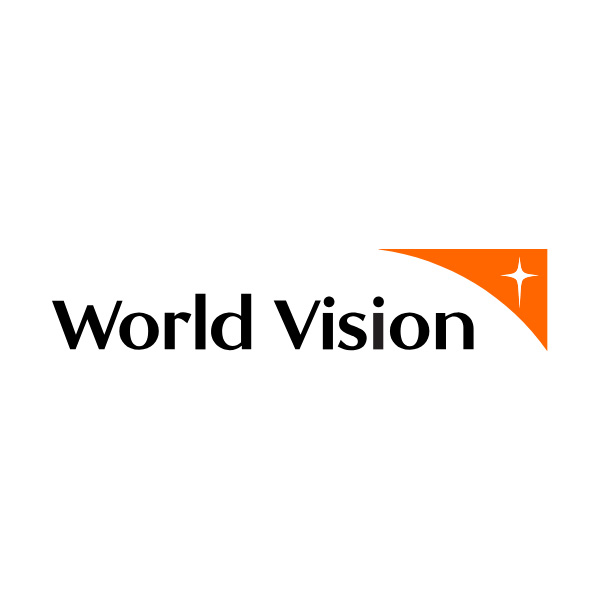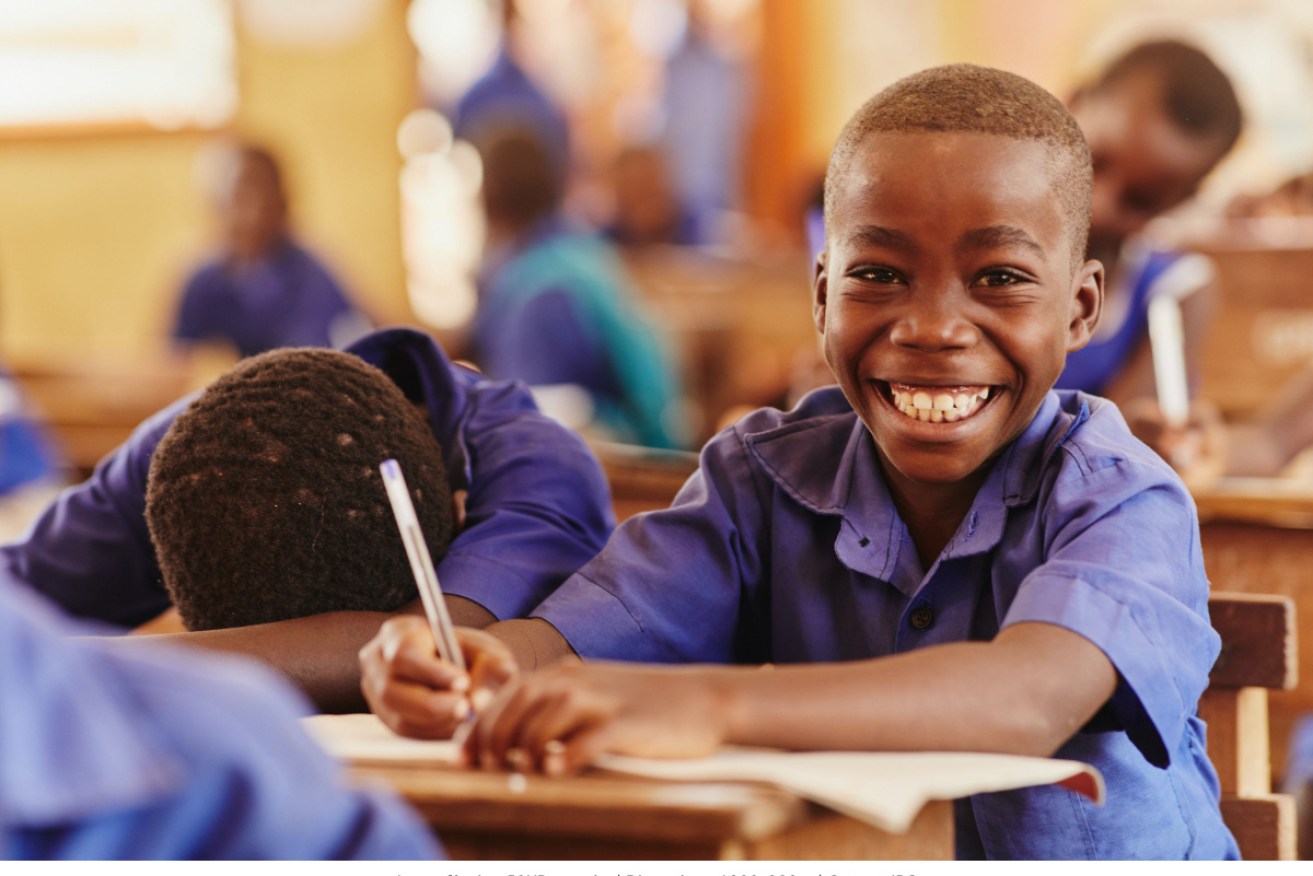Is education a superpower? We think so


Children attending primary school in Ghana where World Vision sponsorship positively impacts all students.
“Education is the key to unlocking the world, a passport to freedom.” – Oprah Winfrey
The thirst for knowledge is ageless, the capacity to learn infinite and the face of education interchangeable.
According to the Australian Bureau of Statistics, there were an extra 90,000 students above the age of 25 enrolled in university between 2011 and 2016.
You are never too old to learn. Just ask 85-year-old Kembi.
Kembi from Kerala, India, is a tribal woman who recently passed the Kerala State Literacy Mission (KSLM) literacy examination – she was the oldest among 2993 other candidates who sat the exams.
Perhaps you’re not quite Kembi’s age but find yourself questioning your career path or long to flex the neurons and immerse yourself in study?
There is a surge of Australians, from baby boomers, to generation X and millennials pursuing higher education in record numbers and upskilling with intent.
However, education doesn’t only inform and inspire; it can also break the cycle of poverty and empower young women across the globe in regions where knowledge becomes a superpower.

World Vision brings basic maths and literacy to students at Chittagong, Bangladesh.
Education wears many faces, from traditional basic maths and literacy to sanitation practices, sustainable agricultural projects for farmers and micro-lending savings programs that empower women to start their own businesses.
Closer to home, we celebrate the strides and accomplishments of Indigenous women and their immeasurable contributions to the communities they live in.
World Vision partners with remote First Nations communities in Australia to support and employ local women to facilitate early-learning playgroups for their young children.
Community-based playgroups are vital to early childhood development and engagement and engage young children in both-ways learning – education and play in local language and English.
“My dream is to educate our little ones to be the leaders for the generations to come,” says Zondra, a community facilitator of the Early Childhood Care and Development program.

Children learn through play at community-based playgroups in Western Australia.
Through training and mentoring, First Nations women gain the skills and knowledge needed to become early childhood workers and build their confidence for future learning and employment.
In this way, both-ways learning and training forms the nucleus of strengthening First Nations’ culture, communities and their children’s futures.
To date, World Vision’s commitment to education has resulted in more than four million children in more than 60 countries participating in age-appropriate quality education programs.
And with 120 million children (up to age 15) struggling to access education, we commit our support to their future. How about you?
Is the pursuit of education to empower?
An aspirational journey to forge new career paths, a life-changing opportunity or a platform to break the cycle of poverty?
It is the sum of all these things and more.